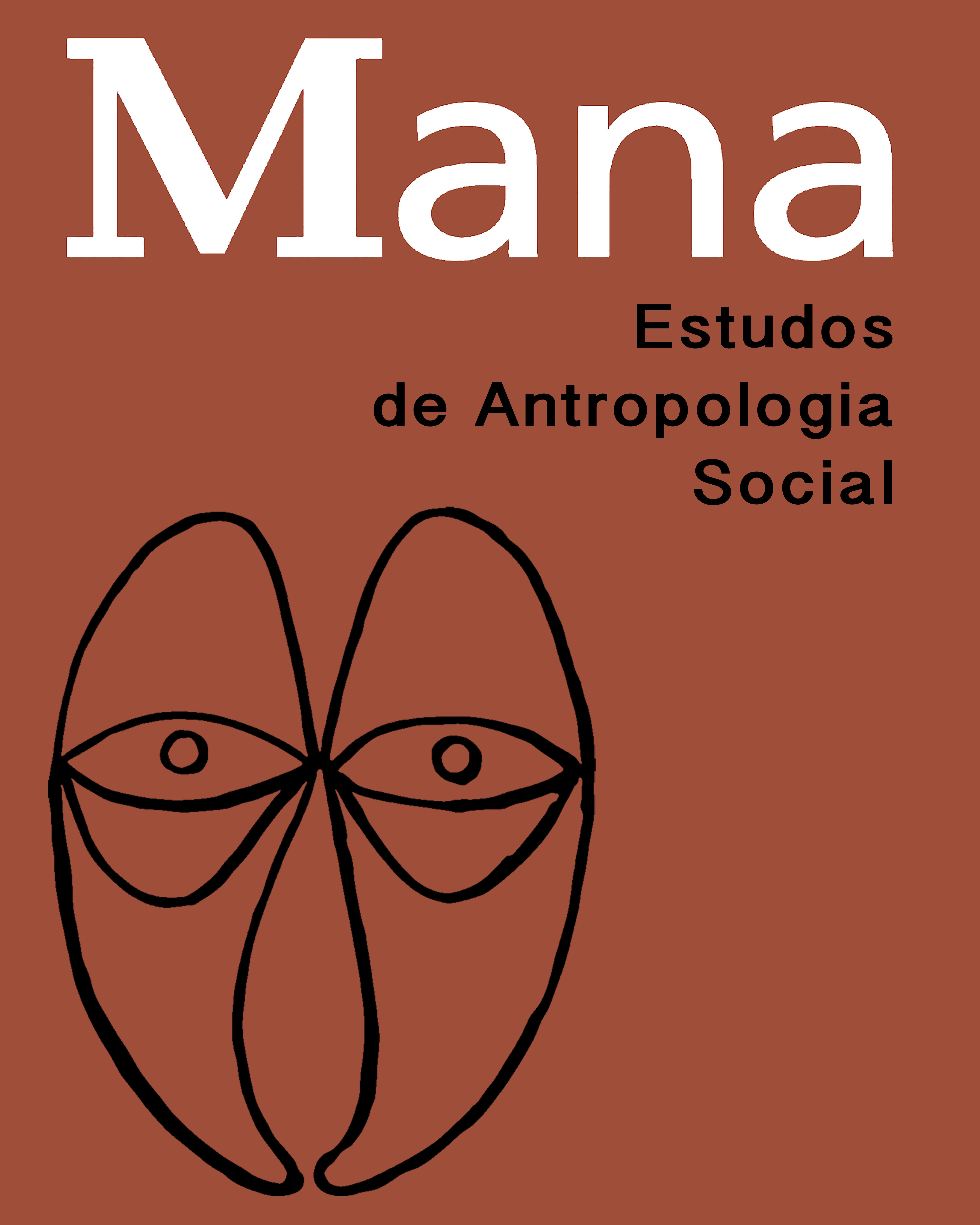Launching a reanalysis of the literature concerning 'Guarani religion,' this article explores how and in which directions it has transformed since the 16th century to eventually recreate itself as the contemporary 'Guarani religion' described by 20th century ethnology. The background to this analysis is a critical reading of the notion of a 'Guarani way of being' founded on a religiosity impervious to change. The article suggests that contact with Mission Christianity and the colonial experience led to the gradual negation of cannibalism as the basis of shamanic power and social reproduction a process here termed 'dejaguarization.' This process led to changes in the Guarani notion of personhood and enabled the emergence of a new way of conceiving the human relationship to animals and divinities; a relationship henceforth founded on a native category of love.
Cannibalism; Religion; Missions; Colonialism; Tupi-Guarani
